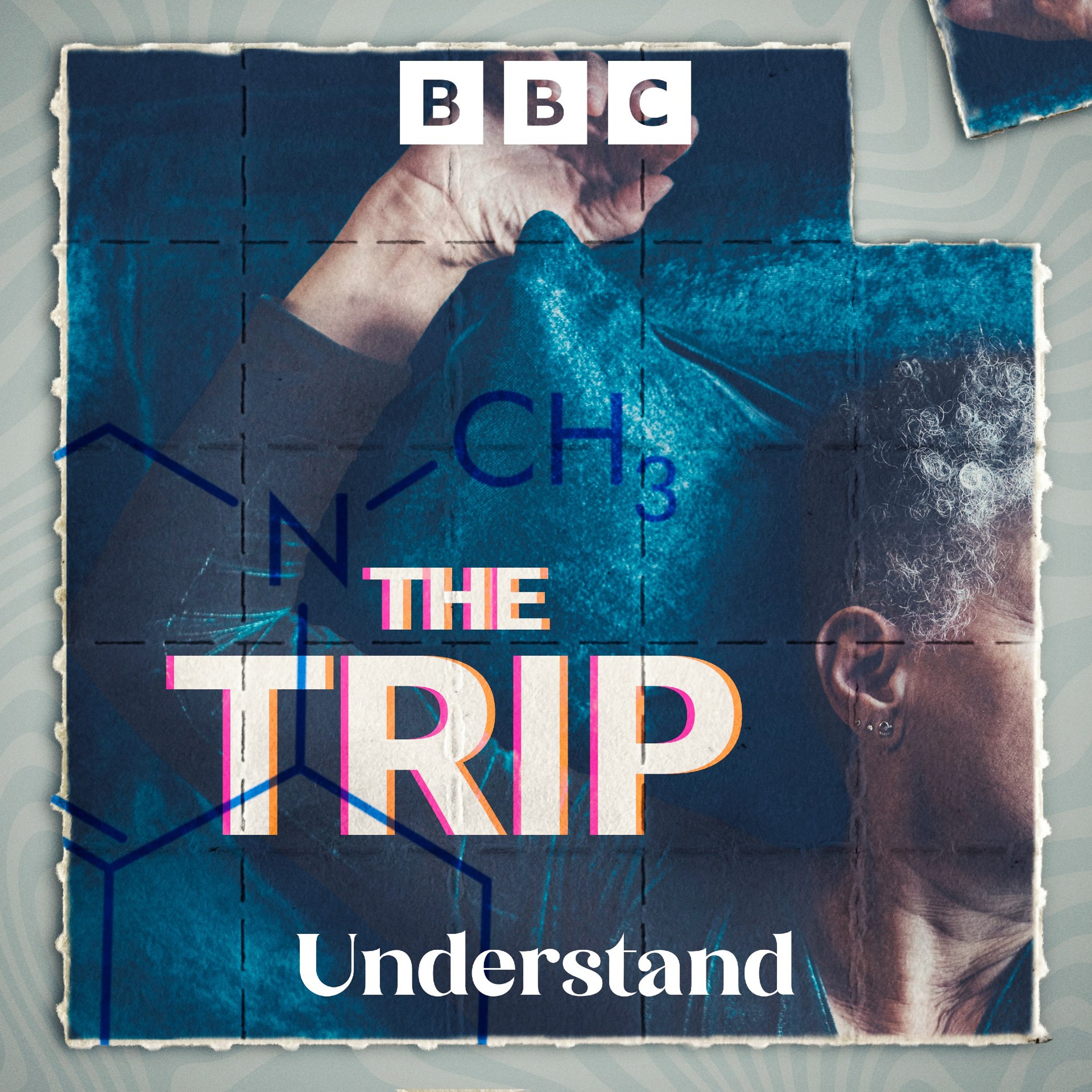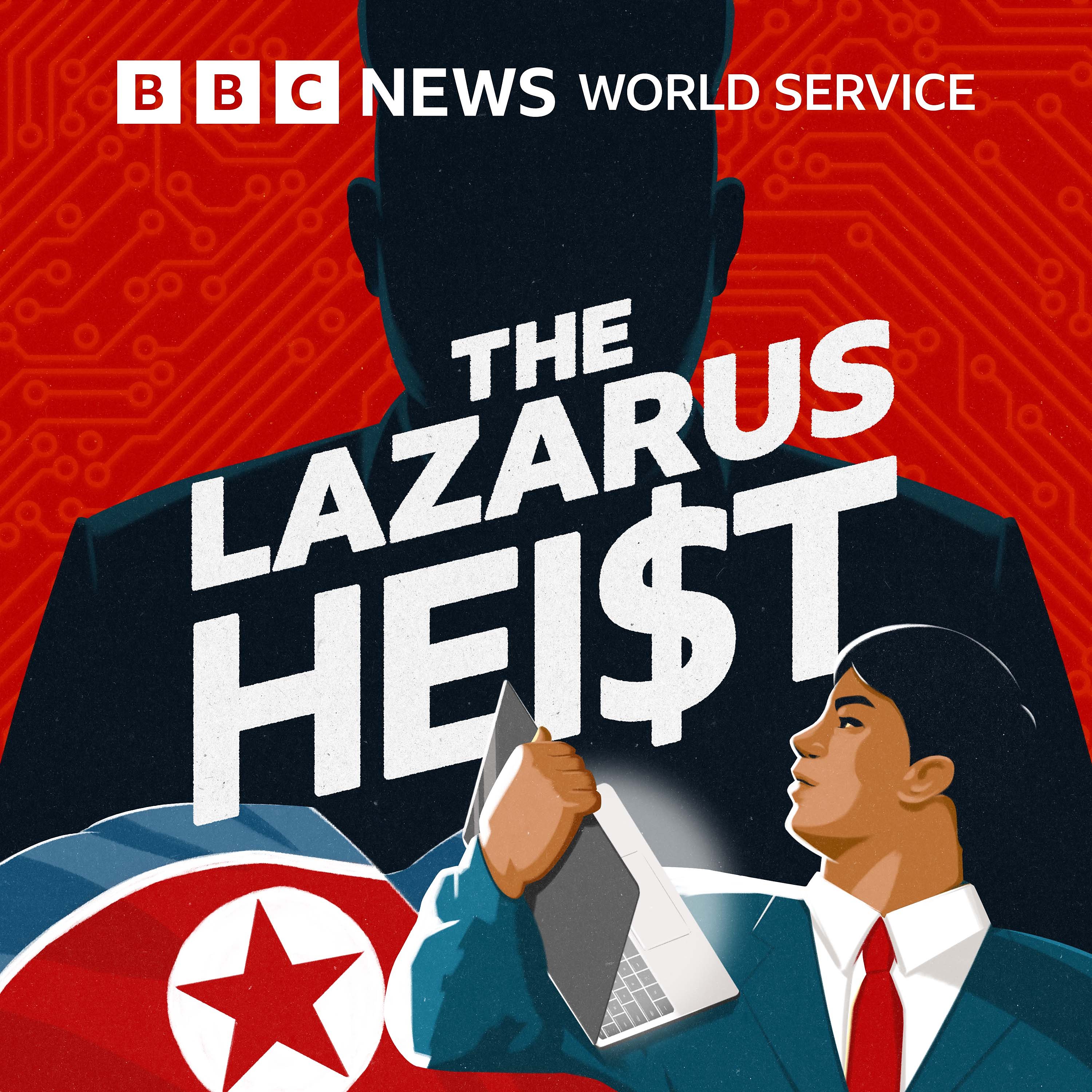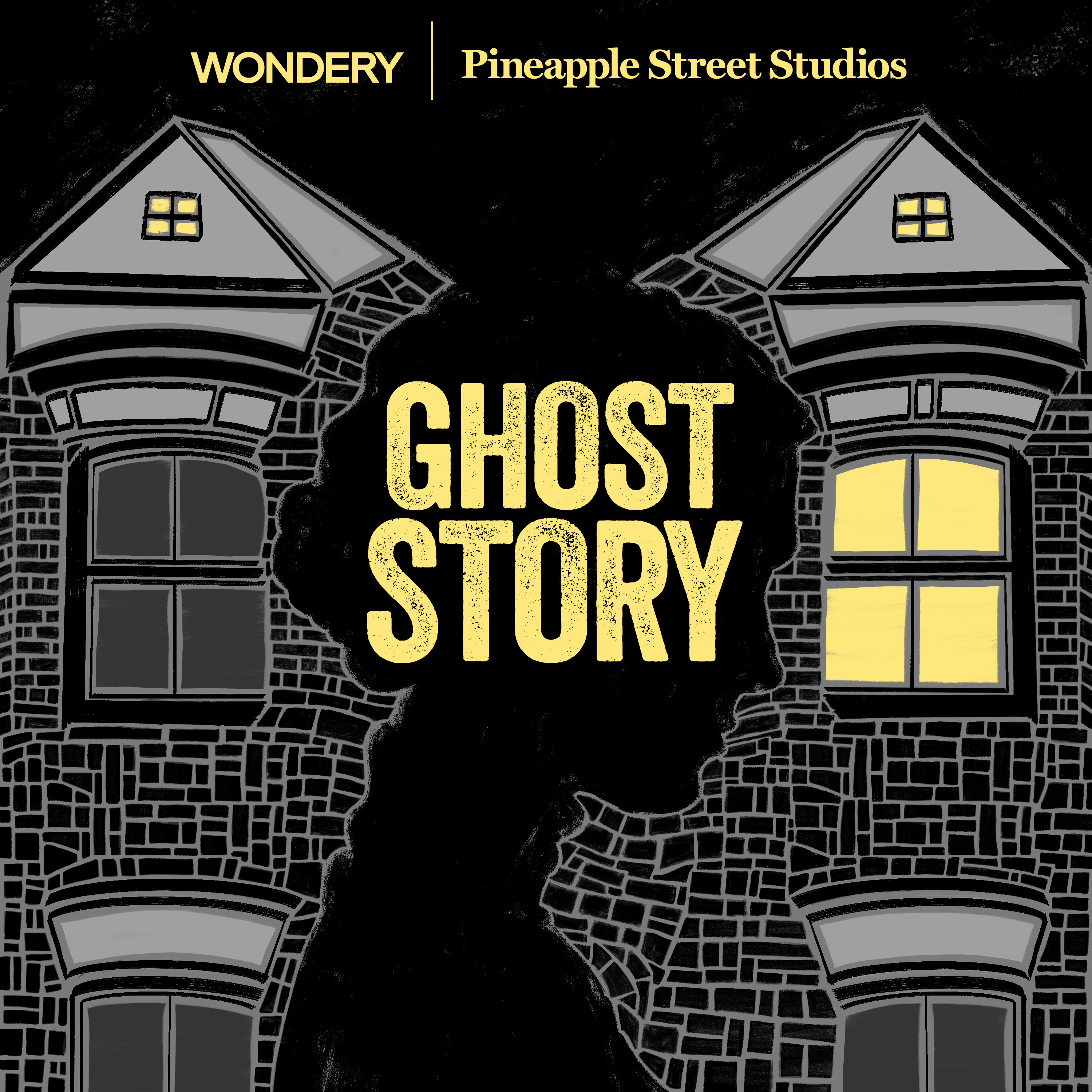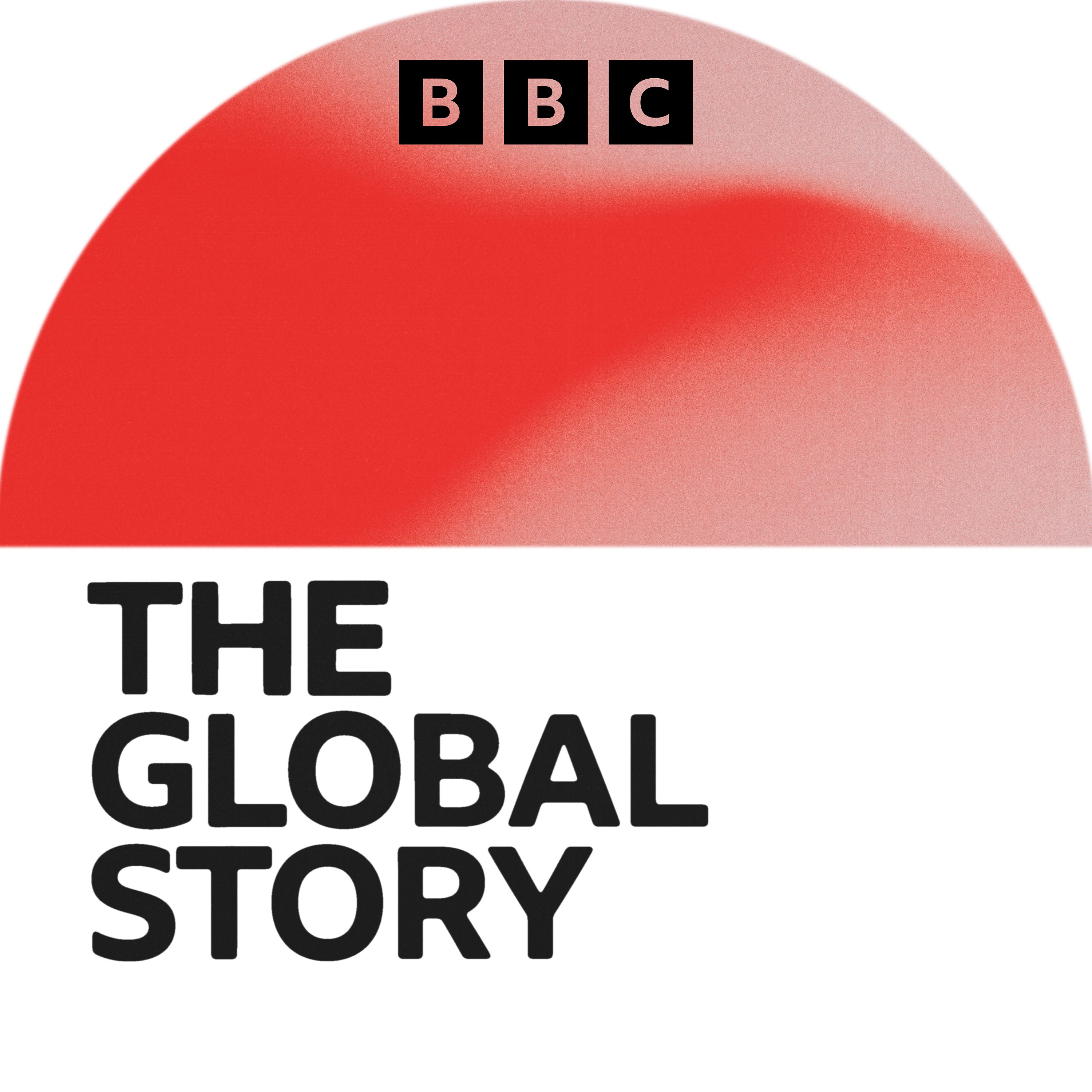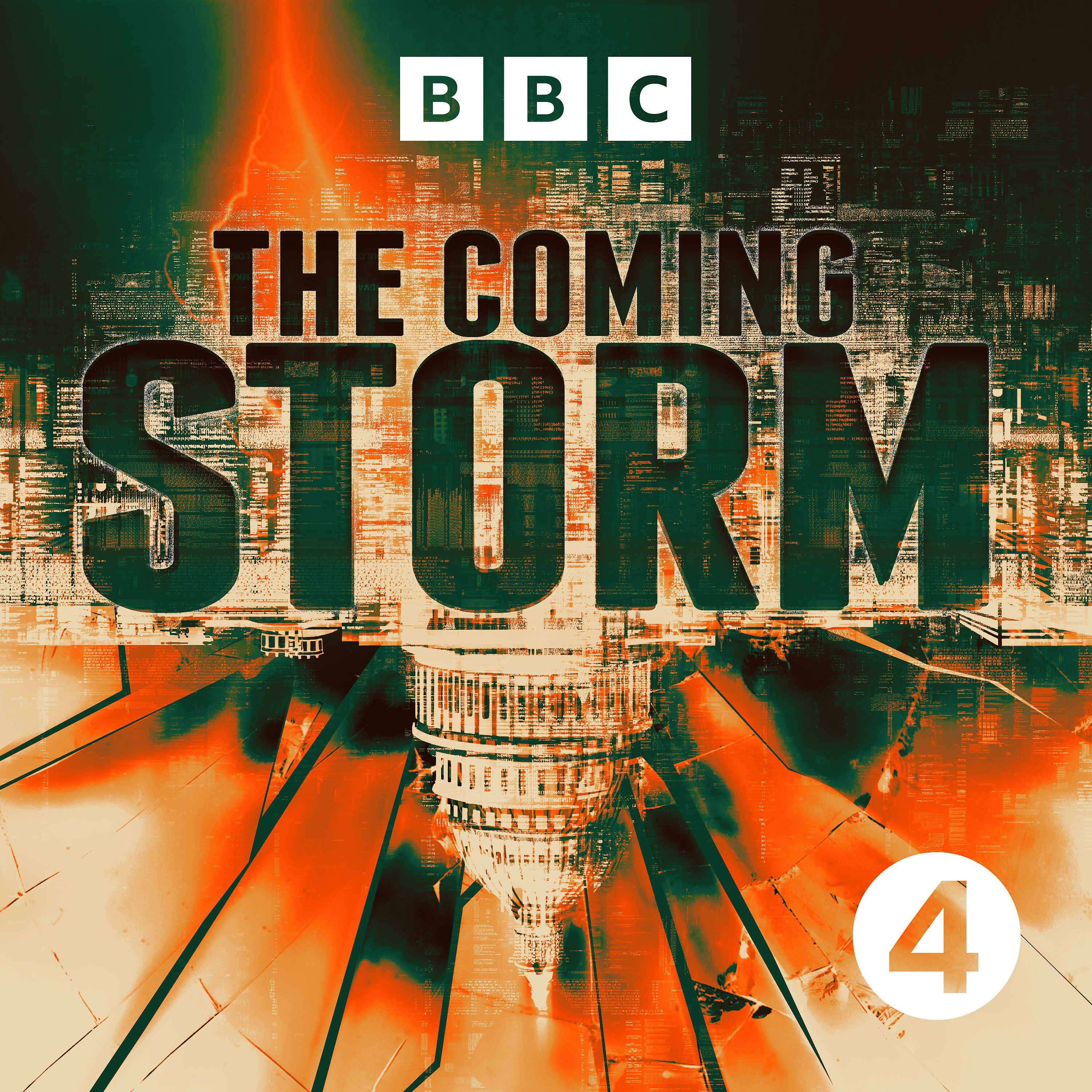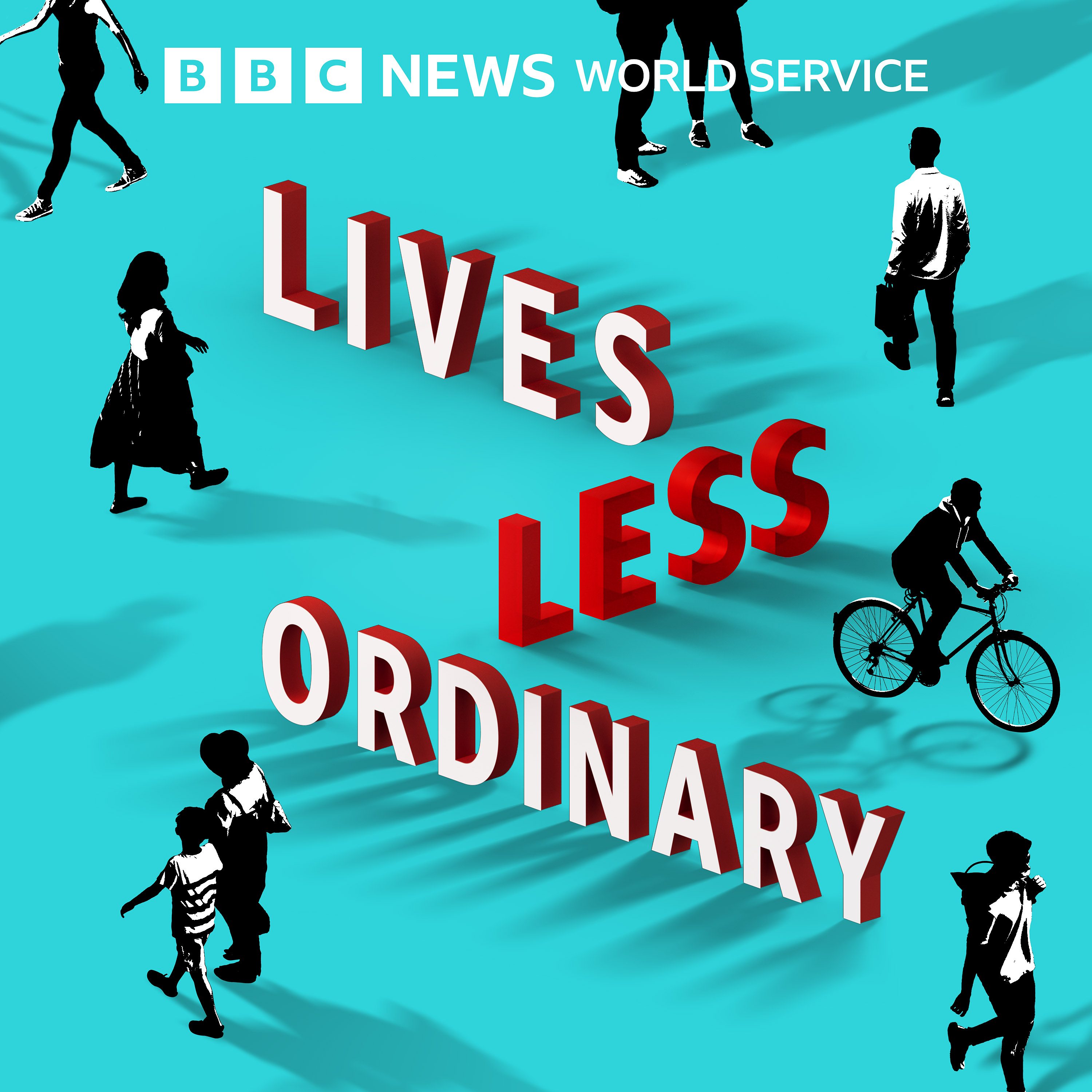
Brian's Run Pod
Welcome to Brian's Run Pod, the podcast where we lace up our running shoes and explore the exhilarating world of running. Whether you're a seasoned marathoner, a casual jogger, or just thinking about taking your first stride, this podcast is your ultimate companion on your running journey.
Join us as we dive deep into the sport of running, covering everything from training tips and race strategies to personal stories and inspiring interviews with runners from all walks of life. Whether you're looking to improve your race times, stay motivated, or simply enjoy the therapeutic rhythm of running, Brian's Run Pod has something for every runner.
Brian's Run Pod
Cancer Couldn't Catch Him: Jason's Running Revolution
Jason Noel shares his extraordinary journey from battling two cancer diagnoses to finding healing and purpose through running. Transforming from a sedentary lifestyle to running 1,000 miles in a year, Jason demonstrates how physical movement became crucial to his recovery process both physically and mentally.
• Former high school athlete who abandoned fitness for 25 years after college
• Diagnosed with thyroid cancer in 2016 after reaching 253 pounds
• Found running community in 2018 that helped establish consistent exercise habits
• Completed ambitious 1,000-mile running goal with a partner in 2019
• Experienced seizure in 2021 leading to brain cancer (glioblastoma) diagnosis
• Underwent 17-hour brain surgery followed by 42 days of radiation and chemotherapy
• Used walking and gradual movement as key recovery strategies after surgery
• Continued running throughout treatment whenever physically possible
• Now maintains regular medical monitoring while staying active
• Credits faith, family, medical care, and movement as his foundation for recovery
Listen to part two next week to hear the continuation of Jason's inspiring story of resilience and determination.
American Brain Tumor Association
Brian's Run Pod has become interactive with the audience. If you look at the top of the Episode description tap on "Send us a Text Message". You can tell me what you think of the episode or alternatively what you would like covered. You might even get a mention!
Instagram
So you're thinking about running but not sure how to take the first step. My name is Brian Patterson and I'm here to help. Welcome to Brian's Rompod. So welcome back to brian's run pod, the podcast where we delve into inspiring stories from the world of running. And I'm your host, brian patterson.
Speaker 1:And today we've got a truly remarkable guest on our show, jason nowell, who is just a not a marathon runner. He's a beacon of resilience and hope. After bravely battling brain cancer, jason found solace in the rhythm of running. His journey from recovery to racing is nothing short of extraordinary, and today he's here to share his story. So join us as we explore Jason's incredible transformation from patient to athlete, his motivation behind every step and the moments from that that have defined his running journey. Whether you're a seasoned runner or just looking for some inspiration, jason's story is bound to leave you motivated and uplifted. So welcome, jason. Thank you very much. I appreciate the opportunity. So how are you today? I'm wonderful. Thank you Very good, very good. I know this wasn't in our outline, but what, as I usually ask most of my guests, is what was your? What were you like with exercise growing up in high school?
Speaker 2:yes, so in high school um I participated in several sports, to include wrestling, high school wrestling, both greco-roman freestyle, as well as track and field, cross country and swimming. So I tried a little bit of everything.
Speaker 1:All right, that's good, and did you sort of take that on when you went to college or did sort of some fall by the wayside? And do you have other distractions at college?
Speaker 2:No, I had many distractions at college. No, I had many distractions at college. I called it the fumes disease, the smell of gasoline, making money in perfume. But no, I went through the college Army ROTC program. So I spent, you know, when I was out of the classroom I was in the Army training program where we did our fair share of calisthenics and exercise. But I wasn't a collegiate athlete.
Speaker 1:All right, okay, so were you in the forces after you left college? Is that right?
Speaker 2:So when I graduated college, my goal was to fly helicopters and there weren't any slots available and there was actually a downsize happening in the military, so I chose a different direction altogether. After finishing the program, I went to corporate America and worked first for the Boy Scouts of America as a fundraiser and a dive boat captain in the Florida Keys and then went to AT&T and several other places through corporate America, through corporate America.
Speaker 1:So were you a you know was running part of your exercise regime at the time, or were you kind of just no, after cross country in high school and other than you know running through, you know training with the military.
Speaker 2:I hadn't ran in 20 plus years, probably 25 years.
Speaker 1:Think about out loud yeah, so was it the? I mean, we'll kind of get on to your initial diagnosis of cancer. So was it that that kind of prompted you to do? Because I know well, I'm, um, I've suffered from epilepsy since I was the age of eight, but I know, when I got into my, my teens, health and fitness was very much part of my lifestyle.
Speaker 2:I mean, was that that's kind of the same for you, or yeah, um, I would say, all the way through college, you know, after high school, with with just the army, health and fitness was a part of my lifestyle. But after leaving that, I let health and fitness go by the wayside for years and to your point. It wasn't until I was diagnosed with cancer the first time in 2016, fall of 2016. In 2016, fall of 2016, I had gone from my senior year of college of being 180, 185 pounds or something up to, I think, 253 was my top end, oh right. And then was diagnosed with metastatic thyroid cancer and that was kind of an eye-opener for me. It said, hey, you need to get it in cancer, right and um. That was kind of an eye opener for me. It said, hey, you need to get it in check, yeah and um.
Speaker 2:So I, I dropped a few few habits uh, like cold beer, oh right. And uh, yeah, just decided to start putting one foot in front of the other because I liked the way it feels. Uh, it's good on my body, but it's a spiritual thing, it's a mental thing, it's just something that provided me with clarity. So that's where it got picked back up again in like 18, 2018.
Speaker 1:Right. So after that sort of initial diagnosis and, no doubt, initial shock, I mean, I don't know, were you married at the time? Was this something that you could share with other people at the time?
Speaker 2:Yeah, so you know it was a couple years before I decided to make the shift and go on the weight loss health journey after cancer the first time, but then found a community of people in or around 2018 that I started running with.
Speaker 1:Right, okay.
Speaker 2:Very good friend of mine and I just started getting out in the mornings together two or three days a week, but then it became a camaraderie exercise where on Saturdays every Saturday a small group of men would get together and run a 10K and have breakfast and share their week together. And it just became, you know, something that I looked forward to on a weekly basis.
Speaker 1:Yeah, yeah, I think a lot of people find that that running in a community it doesn't seem so hard as when you're running kind of on your own.
Speaker 2:Sure.
Speaker 1:Yeah.
Speaker 2:Sure, yeah, and you know, all folks can be competitive, but this small group of gentlemen were very competitive. So, that made it more fun and and, uh and you, you got to talk trash at breakfast and then sign up, you know, for a legitimate um organized run periodically and um, you know that took us right up to about the COVID timeframe when the whole world changed. Yeah, about the COVID timeframe when the whole world changed.
Speaker 1:So did it take you very long to sort of get up to that level of fitness? Because obviously, when you, after you were diagnosed, then you know you've, you've obviously taken it upon yourself to say, then I have to, I want to do something about this. So did that? Did that take a long time to build up to a level of fitness that you felt was kind of yeah, you know, I can build on this.
Speaker 2:Surprisingly, it didn't take near as long as I thought it was going to. Even after multiple years of leaving fitness behind, it came back relatively quickly, and if it would not have come back as quickly as it did, I probably would have lost interest, and but it came back fairly quickly to the extent that I could tell you that first full year maybe it was 2019 is the year. Um, this uh running partner that I'm referring to, tom tom and I, we we made a goal and a pack to run a thousand miles that year and and we did. It took us us right to December 31st to get the last miles in, but after that it just kind of launched and took off.
Speaker 1:So I know when I've had friends or relatives or people who have been diagnosed with cancer, then they've gone through treatment. So did that affect you? You know, with your running.
Speaker 2:My first cancer journey involved, uh, some some limited um radiation Right, and I say limited because it went over what I would call a short period of time versus the second journey. Um and no, it didn't. Um the second journey and no, it didn't. That didn't affect me as much as I thought it would at all.
Speaker 1:So you only had the radiotherapy. You didn't have any sort of chemotherapy or anything Correct In the first cancer journey.
Speaker 2:It was radiation and it was done at home over a week.
Speaker 1:Yeah.
Speaker 2:After the surgery, okay, after they pulled the tumor out right, oh, I see okay, all right, okay.
Speaker 1:So I'm a bit, I'm a bit clueless about but where in where is the thyroid gland?
Speaker 2:yeah, so, the thyroid gland would be just right here okay in, in, in here. In fact, this is part of the scar.
Speaker 1:Yeah.
Speaker 2:But it was actually the dentist who found it. So I was at the dentist and she was poking around after going through, you know, just a standard treatment, or a dental hygienist did her part. The dentist came in, she started feeling around and she's like something's in there, it's not supposed to be. And so I went from the dentist pretty quickly to the doctor. Feeling around and she's like that's something's in there, it's not supposed to be okay.
Speaker 2:And so I went from the dentist pretty quickly to the doctor right oh oh my gosh yeah, I went from the dentist to the doctor, from the doctor to the ears throat specialist to the oncologist, all within about three days of each other, and ultimately I I had a tumor here, and so they made a decision that went like this it was supposed to be like this, but it went halfway around my neck, from your rear, from your rear. Yeah.
Speaker 1:Yeah, okay.
Speaker 2:Yeah, and they pulled that tumor out and, and, um, they, they felt real, real good about the, uh, the surgery, and so I ended up, uh, with the one week of radiation. You fast forward, um, that was on October 3rd 2016. You fast forward, uh, what would be five years, or close to five years, when you, when you're kind of in the, you know the safe space.
Speaker 2:Yes, just just shy of October 3rdrd, which would have been august 2nd right 2021, uh is when I was diagnosed again or they discovered uh a brain tumor or brain cancer right, right.
Speaker 1:Okay, so I understand, uh, that you had a. How it was discovered was that you had a, or how it was discovered was that you had a seizure in the airport, or something like that Can you explain.
Speaker 2:Yeah, um, we had during COVID the COVID timeframe, uh relocated our family to Omaha, nebraska, um, for work. Um and uh had a great experience while I was out there worked for a wonderful company, and we were there around 16 months and just really didn't connect with the community as well as we wanted to, and it had nothing to do with the people, it was just the environment that the world was living in and had an opportunity to move back here. So I came back and it was the first day on a new job and I was in the Omaha airport flying back here if you will for the new job and my family was still there.
Speaker 2:We were in the relocation mode.
Speaker 1:I was in the Omaha airport, so you were on your own, I was in the.
Speaker 2:Omaha airport, so you were on your own. Yeah, I was on my own, had a seizure in the airport and it turned out that in the snack bar next to the gate where I was getting ready to walk onto the airplane, there was a gentleman standing there or sitting next to me who knew me, and I didn't even realize it. His niece and nephew lived two doors down from us in Omaha and he called her immediately and said Jason's on the floor in the airport, he's had a seizure.
Speaker 2:She's a physician and she said tell them to bring him to my hospital.
Speaker 1:I hear that so many times.
Speaker 2:I hear that so many times. Yeah, I hear that.
Speaker 1:I hear that so many times. I hear that so many times. Yeah.
Speaker 2:And I, looking back on that journey, you know my spiritual faith says we went to Omaha because it was part of God's master plan and I ended up in what I could have considered the best care at the time, right place, right time. And that's kind of where the time, right place, right time.
Speaker 1:Right.
Speaker 2:And that's kind of where the journey started with brain cancer.
Speaker 1:Yeah. So, can you sort of explain about those early days? Because I know, just before we started my mother had a tumor and I know she was. Obviously it's going to be very different to each individual, but I know that she was coming back from Portugal and she was acting very weird and very strange and her behavior was totally what were those early days like? What were those early?
Speaker 2:days like yeah, you really hit the nail on the head and bring to life my experience as well, by the way you described that. So the first thing I'll say is I don't remember a lot of it.
Speaker 1:Oh, okay, all right. So you kind of go in secondhand, and what other people?
Speaker 2:tell you Right, right what.
Speaker 2:I do remember though is that even that morning I ran six miles before I went to the airport. I had been actively running on a pretty frequent basis, was probably in what I considered the best shape of my life and didn't realize that there was a problem at all. Um, I, after the fact, and going back and reflecting on it, I did have some, some things that were happening that I didn't realize were related to that tumor, whether it was clarity and the ability to think or speak, um, all things that I thought were related to just being overloaded, probably overtrained, trying to move, relocate, start a new job probably over-trained trying to move, relocate, start a new job.
Speaker 2:Things that turned out that I don't think that was the case at all. Now I'm sure that that tumor caused a lot of problems for me, that I just didn't realize and understand.
Speaker 1:So do you think I mean I can only go from my own experience? But do you think this mean I can only go from my own experience? That do you think this may have been building up over a period of time prior to? Yeah, to what? To what? Yeah, maybe six months or something like that. Yeah, it's.
Speaker 2:It's hard to know how long. I mean. I have been through genetic testing a few times and they, you know, they've sent the tumor to several places to identify things. But the initial diagnosis is what they call a grade four glioblastoma or GBM. Grade four means it was growing pretty fast, it was growing rapidly.
Speaker 1:Right.
Speaker 2:Now whether or not that was six months, a year, three months, I don't think we know the answer to that. The science is unproven around that um. So as to how long exactly it had been existing or progressing over time, it's tough to tell, and I mean, I think it's fair to say it didn't happen in a week or two, or or even a month or two. It's it had probably been building six months to a year or something along those lines. They are saying it was not metastatic, though, meaning it was not caused from the first cancer.
Speaker 2:So each cancer is being diagnosed as primary or on.
Speaker 1:Yeah, okay, so those early days were you staying in the Omaha hospital for a while?
Speaker 2:Yeah. So that that's kind of a another interesting thing, but another great question. It gets me thinking. So um it. At that time I was in the hospital, so I was diagnosed on August 2nd. A week later a wonderful and amazing doctor uh, left her, left her family vacation and flew back to Omaha to take the tumor. And that was during the height of COVID, and so my wife wasn't allowed in the hospital. There was an overload of patients in the hospital and when I went into that surgery they said look, based on where this tumor is, we're just not sure what's going to happen.
Speaker 1:Right.
Speaker 2:And what we mean by that is we don't know if you're going to walk, we don't know if you're going to have walking issues. We're just not sure. The real estate's tight. We're going to get in there, do the best we can, but we're just not sure, and so that alone was more frightening to me than anything. Yeah.
Speaker 1:The fear of the unknown.
Speaker 2:That's right. After 17 hours of surgery and like 13 people involved in the whole thing, I went to ICU and then to a room. By the next morning. Turns out, the guy that I shared a room with was also a brain tumor patient and, um, a bank robber on top of it all. But really imagine that, yeah it just. He had spent 10 years in the federal penitentiary for bank robbery and uh was diagnosed with a brain tumor and and uh. So we shared this room together for a couple days and shared stories. But what I did or told myself I have to do after I realized I could feel my feet was I had to get out of the bed and move as soon as possible. As soon as possible, and so, in an effort to keep my body moving, I broke every rule they had and got got out of bed and, just just with a walker, started moving with one foot in front of the other. I knew that was going to be key to recovery.
Speaker 1:Yeah, yes, I can understand that. And I mean I understand that, and I mean just talking to you did your faith help? Absolutely, absolutely my faith and family, along with great medical care, are the combination of it all. Yeah, so was it a question of just sort of taking you know one day at a time and also to, to try and keep moving. That was your kind of your modus operandi or your strategy.
Speaker 2:Right. So after brain surgery it's, it's, it's about a six, six week healing time before do they go to the next step. Um, I was unable to work you know work during those six weeks, and so the only way I felt like I could keep my mind off of brain cancer was to keep my body moving. And so I was so grateful and lucky. I had some neighbors who were not just great neighbors but active runners when I lived in Omaha and we lived on the back of this lake called Lake Serinsky, and as far as I could go, when I could go, there was always somebody there to walk with me, whether it was to the end of the driveway, the end of the street around the neighborhood or around the lake, the end of the street around the neighborhood or around the lake. And that was my goal every day, to do that for six weeks while I went through the healing process. And then came part two, which was probably the toughest part of it all, and that was 42 days of consecutive chemotherapy combined with radiation, monday through Friday.
Speaker 1:Wow.
Speaker 2:For 42 days.
Speaker 1:Right. Did that really kind of like sap your energy, and was it quite painful, or yeah?
Speaker 2:Um, you know it wasn't, it wasn't painful, but it definitely was, uh, humbling in the sense that, you know, my wife would drive me every morning to the hospital and once I was done there I mean, I was, I was done for most of the day it just wiped me it. You know, it's just while. It's such a gift that we have the science of chemo and radiation to do the things that they do and, you know, in this case, tackle cancer yeah it, it will get your attention.
Speaker 2:I will tell you that, yes, it will so they after those 42 days?
Speaker 1:it wasn't a question of you know right see ya, did they um what? What was the plan after that?
Speaker 2:so it was this kind of a recovery plan or so we decided to take our house off the market in omaha when this all came up and we uh decided that you know, we were going to go through the surgery, the healing process, and then chemo and radiation while we were in Omaha and then we put our house back on the market and ended up back here in the Indianapolis area and I knew I was going to have to continue chemotherapy. So after that first 42 days they do what they're called maintenance cycles. So it was another roughly 13 months or so of chemotherapy. So you take it for five days, you're off of it for 23 days. So every 28 days you rotate.
Speaker 1:Okay, well, so every month roughly so that's right.
Speaker 2:Yeah, and I was going to have to relocate, find new doctors, look for somebody that was willing to take me. You know that it was complicated and again, just great, great healthcare. Wonderful people at the university of Nebraska med center. They started making phone calls to peers and colleagues around the country and fortunately we have an MD Anderson Center here and through the networking of these doctors I'm not exaggerating within three hours I had a phone call that said we'll take you, come see us. And so as soon as I got back to Indy I ended up under some just awesome healthcare here as well and finished that 13-month chemotherapy cycle.
Speaker 2:And at this point I go in every three to four months and get you know an MRI brain scan to look at whether or not that tumor is dormant still and or showing progression. You always want no progression. That's the key. You don't want to see a recurrence. So I've been doing that now for three years and will only hope and pray to God that I can continue to do that through this year before we lengthen the cycle of time that those brain scans will take place.
Speaker 2:Right, okay, okay, so you are still linked to the hospital and they're still yes, sir, are still under the still linked to the hospital and they're still, yes, sir, you know, yeah, still yes, yeah, yeah, and, and I take kepra just to try to avoid, you know, seizures from ever happening again. Yeah, and of course I I also have the power of synthroid, with no thyroid from the first cancer. So, yeah, I'm a medical cocktail walking medical cocktail.
Speaker 2:But you know, just grateful that we have the science to support. You know folks that need it, okay.
Speaker 1:As is normal with my interviews, I have split it into two parts. Jason Noel, diagnosed with thyroid cancer in 2016 and brain cancer in 2021, found solace and strength in running. Through a supportive running community and determination, he overcame health challenges, including thousand mile running a year, and discovered the transformative power of movement and community. As you'll agree with me, he is a truly inspiring individual. So please do listen to part two next week, to this amazing story.






